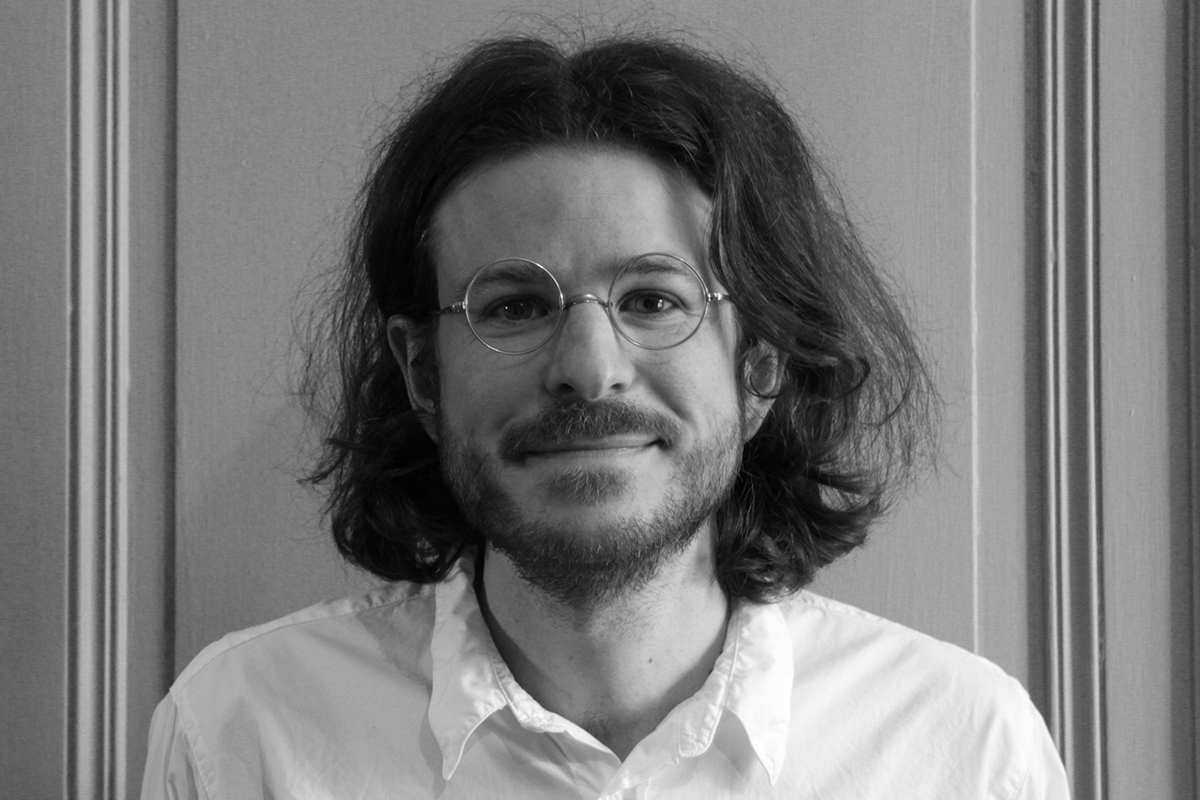This course surveys the earliest periods of cinema from its inception in the late-19th century up to its consolidation as a form of mass art by the beginning of World War II. At its point of origin,cinema was considered "an invention without a future" by its makers, but we will put this idea to test by exploring the uncanny shocks of the very first short films, through the development of visual storytelling across decades of experimentation, culminating in the extravagant, technically dazzling productions of the 1920s. From then onwards, we will investigate the late silent and early sound cinema through a global lens, making transnational discoveries on how the invention of cinema travelled alongside radical ideas at a time of political upheaval. Through readings and select primary materials, the students will learn about the contextual study of film by considering the technological, economic, aesthetic and social factors that shaped the circumstances of the films' production, exhibition and reception.

FILM HISTORY I: FROM SILENT TO SOUND in Spring 2025 (FM2075)
FILM HISTORY I: FROM SILENT TO SOUND in Spring 2025 (FM2075)
Course Master:
Term:
Spring 2025
Discipline:
FM (Film)
Credits:
4 credits
Type:
CCI
Level:
Undergraduate
Can be taken twice for credit?:
No
Exam Date:
Tuesday, May 13, 2025 - 12:30
Pre-requisites:
None
Co-requisites:
None
THE AMERICAN UNIVERSITY OF PARIS ©
